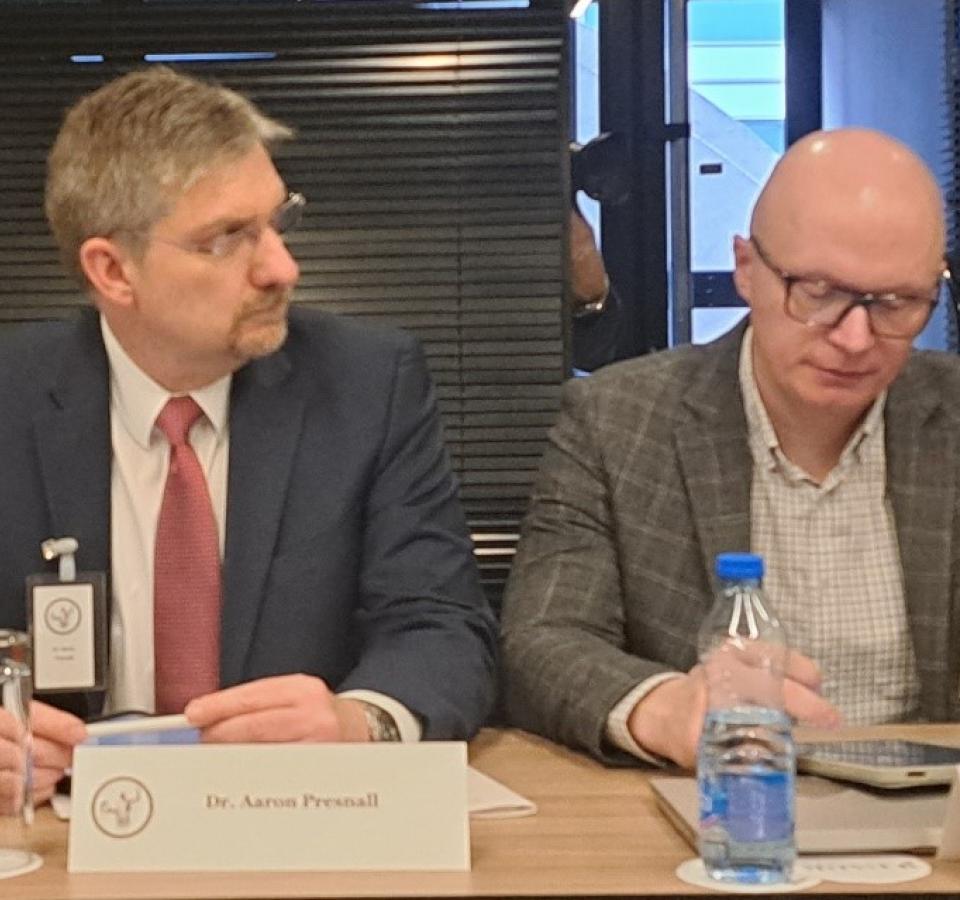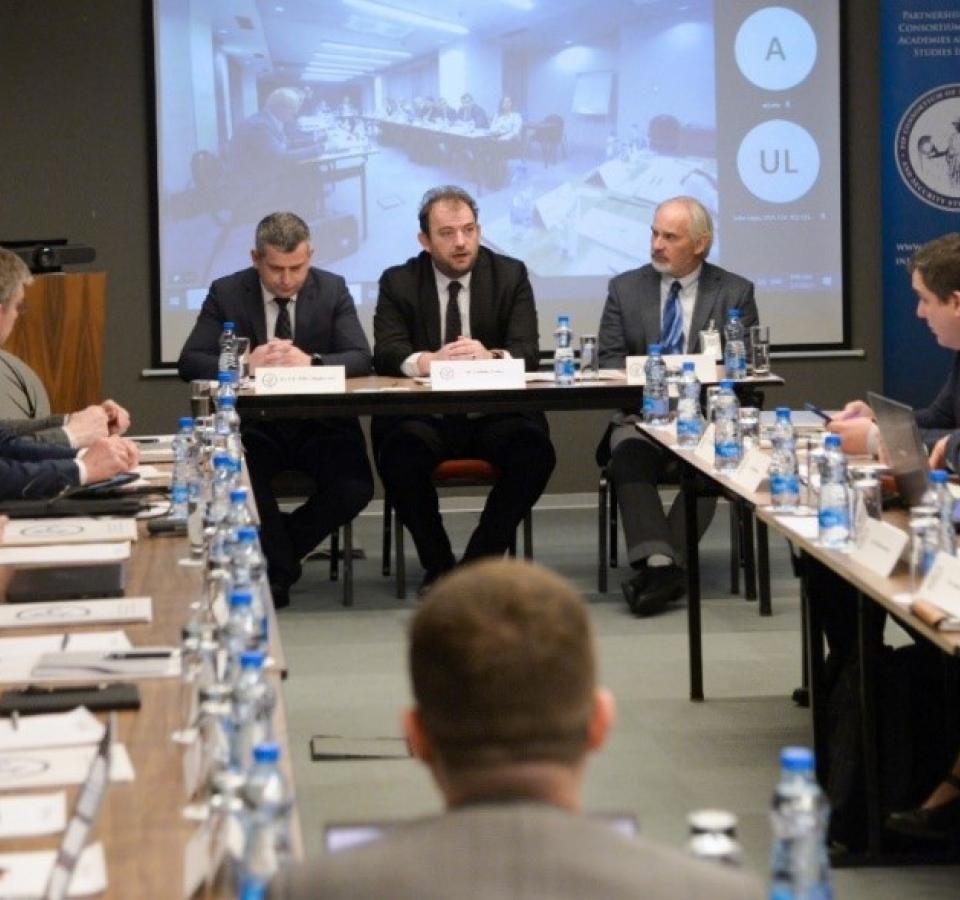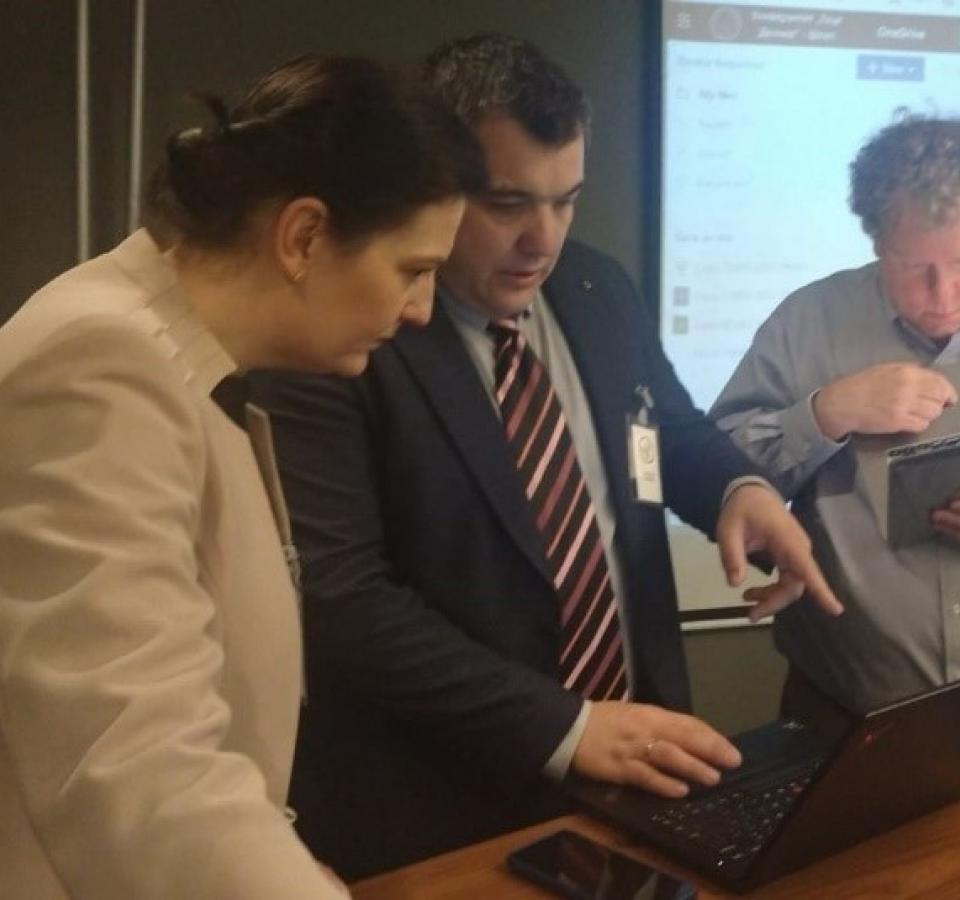Lessons from Ukraine on ADL in War: Training while we fight
The NATO Partnership for Peace Consortium (PfPC) ADL Working Group organized and conducted a two-day workshop in Skopje, North Macedonia to examine the unique lessons learned from Ukraine on training in war, particularly the effective use of distributed learning. The workshop was an initial step in the process of updating our approaches to security cooperation and training on both the national and Alliance levels.
Building upon the insights gained in Skopje, the PfPC and George C. Marshall European Center for Security Studies produced the information paper “Training while we fight” for Gen. Christopher G. Cavoli, commander of US European Command and NATO Supreme Allied Commander, and other senior officials at the US Defence Department and NATO. The paper identifies specific gaps and shortfalls in current training structures and presents clear, achievable recommendations for building and maintaining eLearning systems that provide essential military education before and—crucially—during ongoing warfare.
Jefferson Institute President Aaron Presnall is National Chairman of the PfPC Working Group. He was one of the workshop’s principal organizers and a lead author of the information paper.
The Armed Forces of Ukraine have demonstrated the transformative power of training and the critical need for robust distributed learning systems to maintain essential instruction during warfare. At the PfPC workshop, hosted by the Military Academy “General Mihailo Apostolski,” eLearning and security cooperation experts explored ways to make training capabilities more interoperable, resilient, adaptable, survivable, usable, informed by data-driven insights, and equal to the dynamic requirements generated in the contemporary battlefield.
The war in Ukraine illustrates that training is both a necessary preparation for armed conflict and a vital capability to sustain the fight after war begins. Since 2014 and throughout the current war, the Ukrainian armed forces have excelled in combining the creative use of eLearning and localized partner-nation content to far outpace Russia in renewing ready, agile manpower for a quickly changing battlespace and a shifting mix of new weapon systems. NATO and allied countries have much to learn from the successful Ukrainian response to the distinct training challenges presented by the war.
“[We must] use the opportunity to implement the immense insight we as partners have gained from the war in Ukraine into building more robust ADL systems, enhancing our overall security capabilities.”
Col. Mitko Bogdanoski
Dean, Military Academy, North Macedonia



